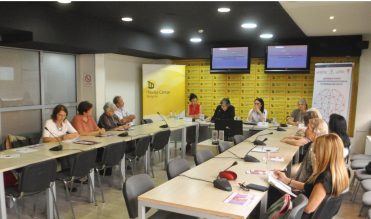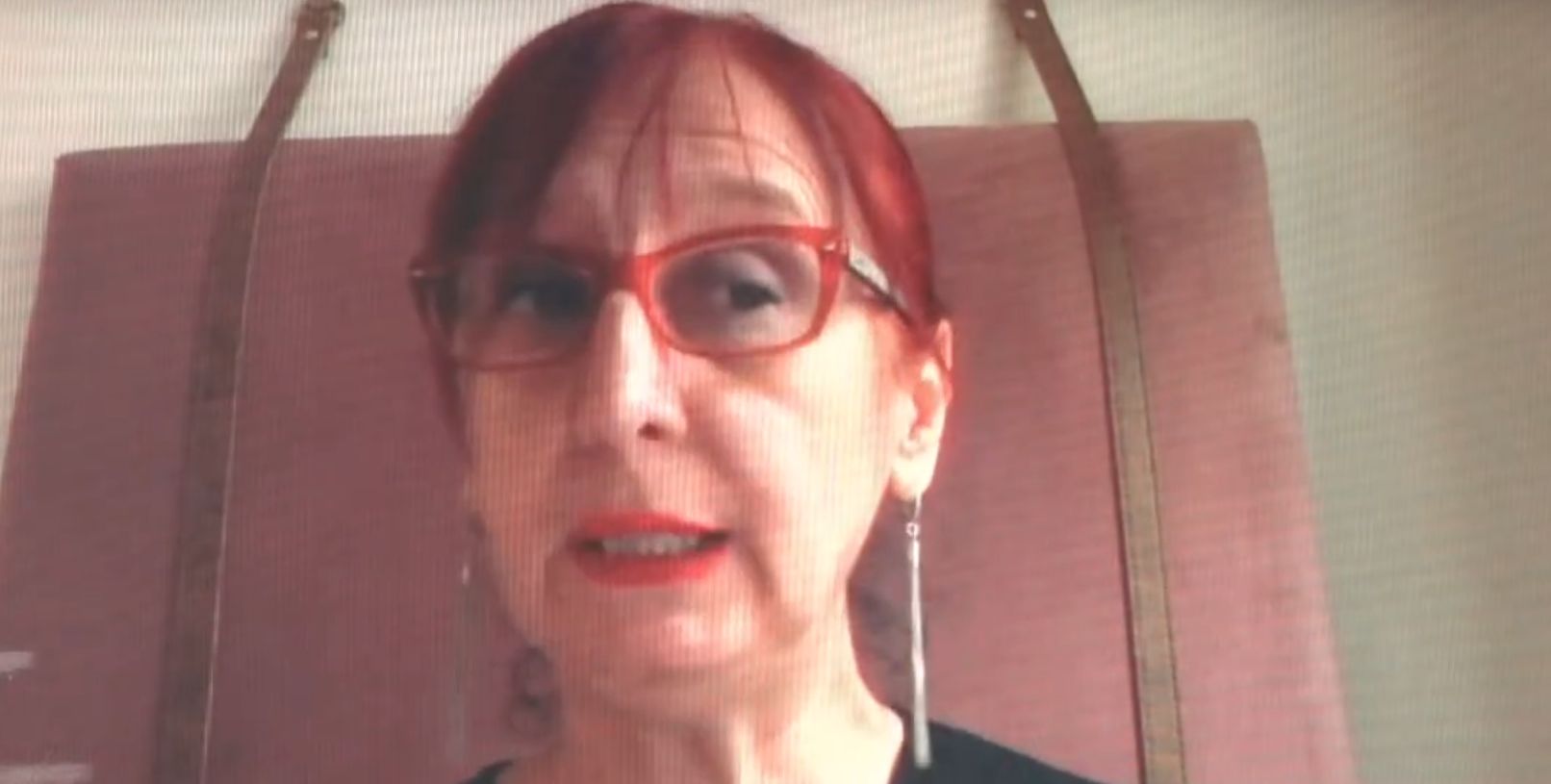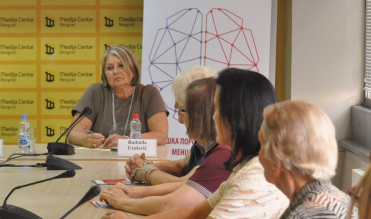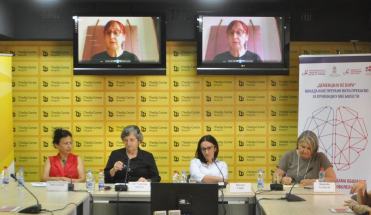World Alzheimer's Day - September 21

As part of its activities, the Red Cross of Serbia regularly works on raising public awareness of Alzheimer's disease and advocating for more services in the community. The same happened this year, with the representative of the Red Cross of Serbia Nataša Todorović speaking about the activities of the Red Cross of Serbia during a press conference at the Media Center in Belgrade on September 21, organized by the Serbian Alzheimer’s Association. World Alzheimer's Day was first observed on 21 September 1994, when Alzheimer's disease associations and other organizations around the world united in an effort to raise awareness of the disease and its impact on families, communities and nations. The disease was described by the German psychiatrist Alois Alzheimer in 1906. Alzheimer's disease is a degenerative brain disorder of middle or late life that destroys neurons and connections in the cerebral cortex resulting in significant loss of brain mass, leading to gradual, irreversible loss of memory, speech, awareness of time and space, and ultimately the ability for self-care.
It is important to keep in mind that in up to 90% of cases, family members, as informal caregivers, take care of persons suffering from dementia. This means that dementia in the family represents a great psychological, physical and financial burden for all its members and can affect their participation in the labor market, financial stability, mental and physical health.
The speakers at the conference were: Prim. dr.sci Aleksandra Milićević Kalašić, Institute for Geriatrics and Palliative Care, Bojana Toljić, informal caregiver, Serbian Association for Alzheimer's Disease, Radmila Urošević, Informal Support Network for Families Suffering from Dementia and Nadežda Satarić, MSc, Serbian Association for Alzheimer's Disease.
The red Cross of Serbia representative, Nataša Todorović spoke about the project “Addressing and preventing care needs through innovative community care centres (I-CCC)”, that the Red Cross of Serbia has been implementing for three years so far, financially supported by the European Union and the Austrian Development Agency, and with a goal is to improve the position of older persons diagnosed with dementia, as well as that of informal caregivers who take care of those persons:
- Within the framework of this initiative, two Centers were opened in Red Cross Pirot and Red Cross Sombor. Through these centers, daily services are provided to older persons who need care, advice to them and their family members, as well as training for informal, family caregivers, especially in families with a member diagnosed with dementia.
- The part of the project aimed specifically at persons with diagnosed dementia has an innovative program of cognitive exercises with the use of tablet computers, which aim to slow down the onset of the disease. Currently, trained volunteers visit 61 families in Pirot and Sombor with a program of weekly exercises consisting of mathematical, linguistic and musical tasks that stimulate the cognitive capacities of people with dementia. This exercise program was designed by the company Digitaal Life from Austria as an innovative approach to working with people with dementia.
- In addition to direct work with persons with dementia, as part of this project, the Red Cross of Serbia also conducts training for informal caregivers who care for family members with dementia, in Pirot and Sombor, and a training manual for informal caregivers was also created, which serves as a toolkit for these trainings and a handbook for the informal caregivers themselves.
- In addition, the Red Cross of Serbia has created a series of eleven educational films about personal care at home intended for informal caregivers, which are freely available as training material through the website of the Red Cross of Serbia and its YouTube channel.



